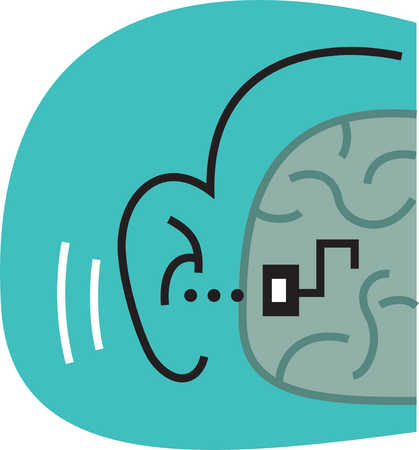
What is an Auditory Processing Disorder?
Central Auditory Processing Disorder (CAPD), according to the American Speech Language Hearing Association (ASHA) is a deficit in the perceptual processing of auditory neurobiological activity underlying that processing. This may lead to associated language difficulties, learning and communication skills.
So what does this mean for day to day functioning? Individuals with CAPD may struggle with localizing sound. This means it could be hard to determine where sounds are coming from. It may be hard for an individual to discriminate sounds such as the words bye versus pie. Individuals may also struggle with auditory pattern recognition such as the melody (prosody) of speech. The timing of sounds and speech may be difficult. Individuals may also struggle when a sound is unclear such as poor recorded quality or someone speaking from another room.
A CAPD involves complex neural networks. How one functions with a CAPD depends on changing listening demands and compensatory strategies.
A CAPD is a brain based disorder that is often present with other disorders such as ADHD, learning disabilities, phonological disorder and language disorder.
